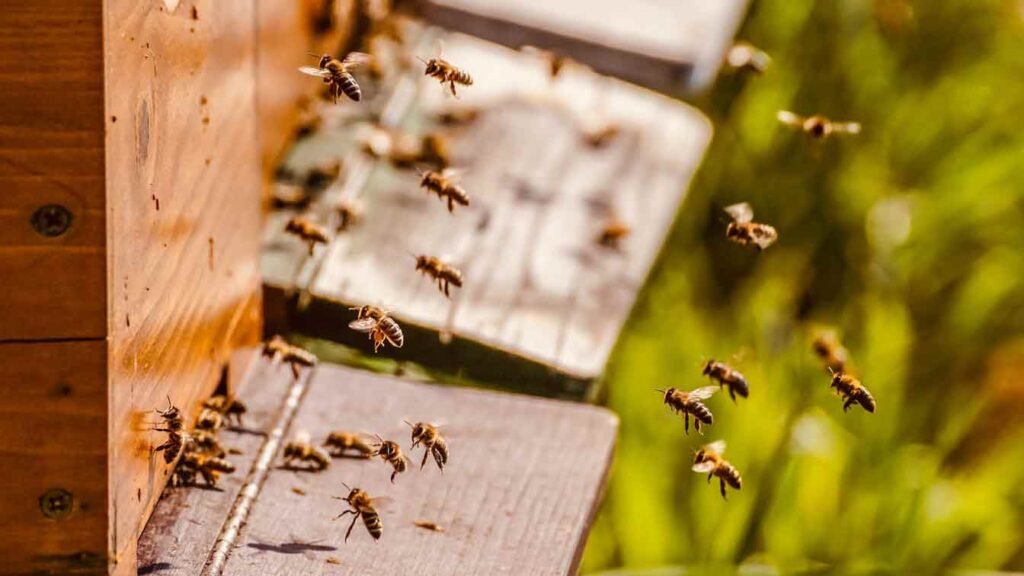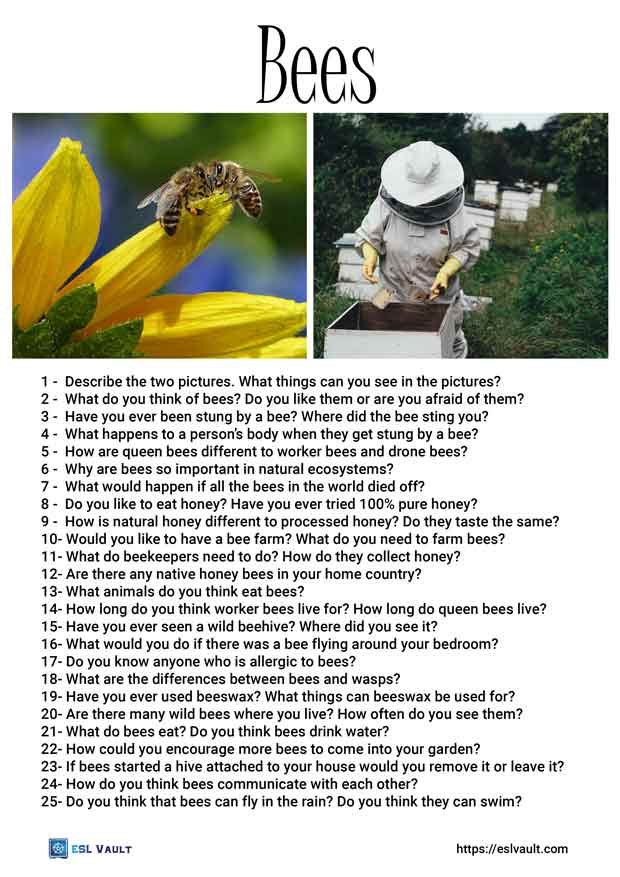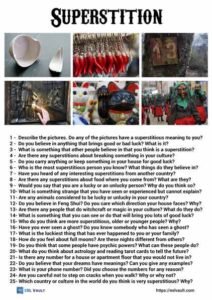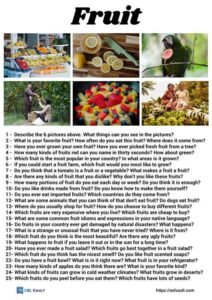Bee discussion questions
Bees are all over the world and are essential to life on earth. Use this conversation worksheet to get your class talking about bees.
The most challenging words and phrases in this activity include – stung (sting), worker bee, drone bee, ecosystem, pure, processed, native, allergic, wasp, beeswax, encourage, and attached.
The bee discussion questions are –
1 – When was the last time you saw a bee? What was it doing?
2 – What do you think of bees? Do you like them or are you afraid of them?
3 – Have you ever been stung by a bee? Where did the bee sting you?
4 – What happens to a person’s body when they get stung by a bee?
5 – How are queen bees different from worker bees and drone bees?
6 – Why are bees so important in natural ecosystems?
7 – What would happen if all the bees in the world died off?
8 – Do you like to eat honey? Have you ever tried 100% pure honey?
9 – How is natural honey different from processed honey? Do they taste the same?
10 – Would you like to have a bee farm? What do you need to farm bees?
11 – What do beekeepers need to do? How do they collect honey?
12 – Are there any native honey bees in your home country?
13 – What animals do you think eat bees?
14 – How long do you think worker bees live for? How long do queen bees live?
15 – Have you ever seen a wild beehive? Where did you see it?
16 – What would you do if there was a bee flying around your bedroom?
17 – Do you know anyone who is allergic to bees?
18 – What are the differences between bees and wasps?
19 – Have you ever used beeswax? What things can beeswax be used for?
20 – Are there many wild bees where you live? How often do you see them?
21 – What do bees eat? Do you think bees drink water?
22 – How could you encourage more bees to come into your garden?
23 – If bees started a hive attached to your house would you remove it or leave it?
24 – How do you think bees communicate with each other?
25 – Do you think that bees can fly in the rain? Do you think they can swim?
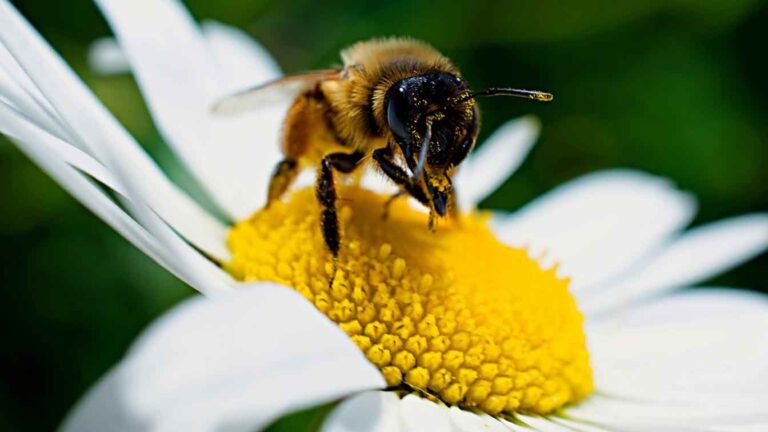
Bee idioms
Here are some bee idioms to share with your students once they have completed the bee discussion questions.
If something is the bee’s knees, it means it is very good!
To have a bee in your bonnet means to have an idea in your mind that you obsess over and think about a lot.
If someone says something is none of your beeswax, they are saying it is none of your business and they don’t want to discuss it with you.
